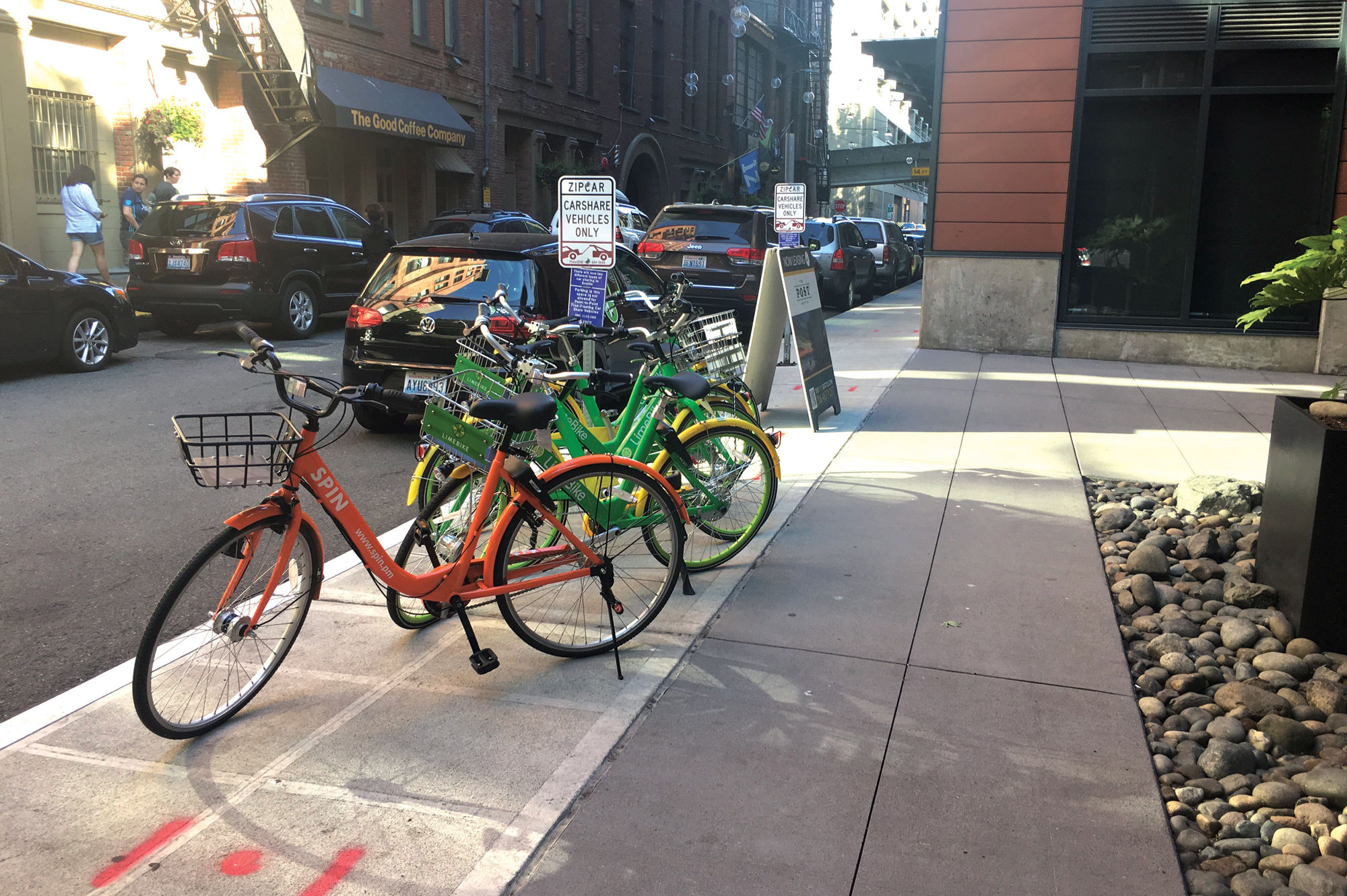McGinn: I'll "Listen to the People" When Coming Up With Safe Streets Policy
On the heels of last night's road safety summit at city hall, Mayor Mike McGinn employed his typical sound bite, telling reporters at a press briefing this morning that he would "listen to the people" when coming up with a strategy to improve transportation safety in Seattle.
"If we're hearing from everybody that enforcement needs to be the highest priority, then the public has spoken and we'll take a look at enforcement. If education is more important, we'll focus there," McGinn said. "I do think you have to listen to the people about what's concerning them. There's a lot that's bugging people about how the roads are being used."
Specifically, McGinn said, people at last night's summit complained about cyclists who run red lights, cyclists who ride on sidewalks, drivers who talk on cell phones, and road rage in general.
But, I asked him, is policy-making by opinion poll the best way to govern?
"I'm not going to let it be [policy] by opinion poll," McGinn said. "We are going to filter [public feedback] through best practices, through the experience of the stakeholders, through the experience of our people in SDOT who are knowledgeable about this."
McGinn also addressed several other transportation issues. Asked whether better-than-predicted traffic during this week's viaduct closure proved that his preferred viaduct replacement option, surface/transit, would have worked, McGinn demurred. "My opinion is that it would have worked---I believe people are flexible and adaptable---but we went to a vote on this, and people want to build a tunnel, so that's what we're going to do."
Asked about a citywide traffic report that reveals officers are cracking down on jaywalkers and other pedestrian scofflaws while ignoring drivers who fail to yield---the most common circumstance in fatal and serious auto-pedestrian collisions---McGinn said "those are fair criticisms," but noted that it takes more police resources to witness and intercept drivers who fail to yield than it does to pull over and ticket pedestrians. But hasn't that always been the case? And if so, does SPD's focus on pedestrian violations over driver violations represent a shift in policy?
"I don't think it reflects a policy change," McGinn said. "It probably reflects a change in practices, and that's something we should take a look at."
Finally, I asked McGinn whether a rumored revenue forecast that could increase the city's revenue shortfall another $5 million will doom his request for $1.5 million to study additional streetcar routes. "The council gets to make the call as to what goes and what doesn't go in," he said. "The budget's in their hands."




